41 complete the free-body diagram by adding the forces that act on the skier.
A complete the free body diagram by adding the forces that act on the skier. The surface is smooth and inclined at an angle of θ 21 with the horizontal. Part a complete the childs freebody diagram by adding the forces that act on the child. The location and orientation of the vectors will be graded. A student changed the force applied to a spring by adding weights. ... Complete the free body diagram for the skydiver. (2) (b) The skydiver now straightens his legs to increase his surface area. ... Draw a vector diagram on Figure 2 to determine the magnitude and direction of the resultant force on the skydiver.
Free body diagrams are used by those studying the physics of a situation to understand and visualize the forces at play in the situation under study. In the situation I depict above, a snowboarder is on a level surface, that is the surface is perpendicular to the direction of the force of gravity.
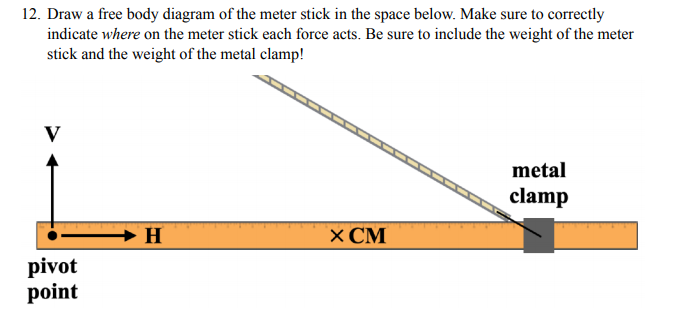
Complete the free-body diagram by adding the forces that act on the skier.
The diagram shows a sky-diver in free fall. Two forces, X and Y, act on the sky-diver. (a) Complete these sentences by crossing out the two lines in each box that are wrong. (i) Force X is caused by . (1) Print. Email to a Friend. Notify Moderator. 10-15-2002 03:00 AM. 2-Dimensional Forces. A 65 kg skier speeds down a trail. The surface is smooth and inclined at an angle of 22 degrees with the horizontal. (a) find the direction and magnitude of the net force acting on the skier. (b) does the net force exerted on the skier increase, decrease, or ... complete the following statement: the net force that results when two or more forces act on an object is a.) determined by adding the magnitude of the individual forces. the direction of the net force is the same as the direction of motion b.) the largest force acting on the object
Complete the free-body diagram by adding the forces that act on the skier.. a) Complete the free-body diagram by adding the forces that act on the skier. Draw the vectors with their tails at the black dot. The location and orientation of the vectors will be graded. The length of the vectors will not be graded. b) Determine the normal force acting on the skier. (answer in units of Newtons) (a) Draw a free-body diagram for the child, and find the normal force exerted by the chair on the child. (b) Draw a free-body diagram for the chair, and find the normal force exerted by the floor on the chair. (91N, 0.13kN) 1.20 A 5.0-kg bag of potatoes sits on the bottom of a stationary shopping cart. (a) Sketch a free- A free-body diagram is a way to represent all of the forces that act on a body. A free-body diagram makes solving Newton’s second law for a given situation easier, because you’re modeling the system as something simpler than it actually is. To draw a free-body diagram: 1. Draw a separate diagram for each body in the problem. Complete the free body diagram by adding the forces that act on the skier. Complete the free body diagram by adding the forces that act on the skier. Draw the vectors with their tails at the black dot. Once on top of the water they still hold their skis at a slight angle. The surface is smooth and inclined at an angle of 22 with the horizontal.
Complete the free body diagram for the boat. ... The force on the water causes an equal and opposite force to act on the boat. Which law is this an example of? _____ (1) G ÑFigure 3 shows the boat towing a small dinghy. Figure 3 € The tension force in the tow rope causes a horizontal force forwards and a vertical force ... the net force on the box is zero and, therefore, the forces must be balanced. A person is trying to pull a heavy crate across a room with a rope that is attached to the crate, but it doesn't move. The tension in the rope ________________. is equal at both ends of the rope. While sparring, Katie punches Arman in the shoulder. A force is a push or pull that acts upon an object as a result of that objects interactions with its surroundings. In this Lesson, The Physics Classroom differentiates between the various types of forces that an object could encounter. Some extra attention is given to the topic of friction and weight. Assuming the coefficient of kinetic friction is 0.10, calculate: - her acceleration. - the speed she will reach after 6.0 s. A woman is towing her 20-kg suitcase at constant speed by pulling on a strap as shown with a force of 35 N. The friction force on the suitcase is 20 N. - Draw a free-body diagram of the suitcase.
The free body diagram helps you understand and solve static and dynamic problem involving forces. It is a diagram including all forces acting on a given object without the other object in the system. You need to first understand all the forces acting on the object and then represent these force by arrows in the direction of the force to be drawn. The only external forces acting on the system are the skier's weight, friction, and the normal force exerted by the ski slope, labeled w w, f f, and N N in the free-body diagram. N N is always perpendicular to the slope and f f is parallel to it. But w w is not in the direction of either axis, so we must break it down into components along ... Drawing Free-Body Diagrams. Free-body diagrams are diagrams used to show the relative magnitude and direction of all forces acting upon an object in a given situation. A free-body diagram is a special example of the vector diagrams that were discussed in an earlier unit. These diagrams will be used throughout our study of physics. (a) Draw a free-body diagram for the skier in Problem 32. (b) Determine the normal force acting on the skier. Solution: Chapter 5 Newton's Laws Of Motion Q.46P · A 9.3-kg child sits in a 3.7-kg high chair. (a) Draw a free-body diagram for the child, and find the normal force exerted by the chair on the child.
The free-body diagram of the crate is shown in Figure 6.13(b). We apply Newton's second law in the horizontal and vertical directions, including the friction force in opposition to the direction of motion of the box. Solution Newton's second law GIVES
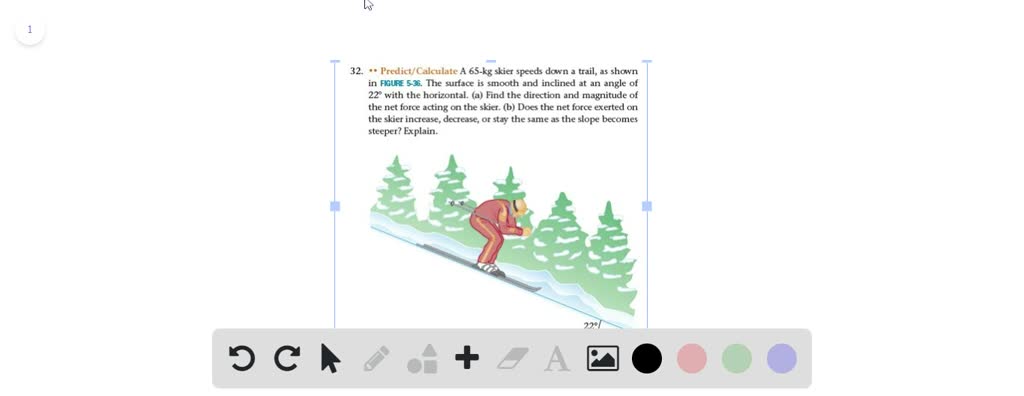
Solved Predict Calculate Mathrm A 65 Kg Skier Speeds Down A Trail As Shown In Figure 5 36 The Surface Is Smooth And Inclined At An Angle Of 22 Circ With The Horizontal A Find The
Transcribed image text: Part A Complete the free-body diagram by adding the forces that act on the skier. Draw the vectors with their tails at the black dot. The location and orientation of the vectors will be graded. The length of the vectors will not be graded No elements selected 22° A 63-kg skier speeds down a trail, as shown in the figure (Figure 1).
A 61-kg skier speeds down a trail, as shown in the figure (Figure 1). The surface is smooth and inclined at an angle of 22 degree with the horizontal. Part A Complete the free-body diagram by adding the forces that act on the skier. Draw the vectors with their tails at the black dot. The location and orientation of the vectors will be graded.
2. Draw the free-body diagram of a joint with one or two unknowns. Assume that all unknown member forces . act in tension (pulling the pin) unless you can determine by inspection that the forces are compression loads. 3. Apply the scalar equations of equilibrium, ∑ F. X = 0 and ∑ F. Y = 0, to determine the unknown(s). If the answer is positive
A 66-kg skier speeds down a trail, as shown in the figure (Figure 1). The surface is smooth and inclined at an angle of 22 ∘ with the horizontal. Complete the free-body diagram by adding the forces that act on the skier. Draw the vectors with their tails at the black dot. The location and orientation of the vectors will be graded.
See the diagram in the lower right of Figure 3-2. Step 2: The set of free-body diagrams is shown in Figure 3-3. Step 3: Now consider the free-body diagrams of all of the members in Figure 3-3. We have already discussed member 1, recog-nizing it as a two-force member in tension carrying forces RA and RC equal to 48.07 kN.

A Box Slides Down A 36 Degrees Ramp With An Acceleration Of 1 05 M S 2 Determine The Coefficient Of Kinetic Friction Between The Box And The Ramp Study Com
(See the skier and free-body diagram in Figure 5.4.) Figure 5.4 The motion of the skier and friction are parallel to the slope and so it is most convenient to project all forces onto a coordinate system where one axis is parallel to the slope and the other is perpendicular (axes shown to left of skier).
2. Draw the free-body diagram of a joint with one or two unknowns. Assume that all unknown member forces act in tension (pulling on the pin) unless you can determine by inspection that the forces are compression loads. 3. Apply the scalar equations of equilibrium, FX = 0 and FY = 0, to determine the unknown(s). If the answer is

Draw The Free Body Diagram For The Beam A Is A Rocker And B Is A Pin Draw The Vectors Starting At The Black Dots The Location And Orientation Of The Vectors Will
The wind is aiding the motion by providing a steady force of 105 N that is parallel to the motion of the sled. The combined mass of the girl and the sled is 65.0 kg, and the coefficient of kinetic friction between the snow and the runners of the sled is 0.150. (a) Draw the free-body diagram showing the forces that act on the sled.
Free Body Diagrams Chapter 1 in Text Free-body diagram An essential tool for evaluating every situation in biomechanics. The critical first step in analyzing any biomechanical event. Isolates the "body" (leg, arm, shoe, ball, block etc.) from all other objects. Only shows external forces acting on an object.
The free-body diagram of the crate is shown in (b). We apply Newton’s second law in the horizontal and vertical directions, including the friction force in opposition to the direction of motion of the box. ... we can find the coefficient of kinetic friction if we can find the normal force on the skier. The normal force is always perpendicular ...
complete the following statement: the net force that results when two or more forces act on an object is a.) determined by adding the magnitude of the individual forces. the direction of the net force is the same as the direction of motion b.) the largest force acting on the object
Print. Email to a Friend. Notify Moderator. 10-15-2002 03:00 AM. 2-Dimensional Forces. A 65 kg skier speeds down a trail. The surface is smooth and inclined at an angle of 22 degrees with the horizontal. (a) find the direction and magnitude of the net force acting on the skier. (b) does the net force exerted on the skier increase, decrease, or ...
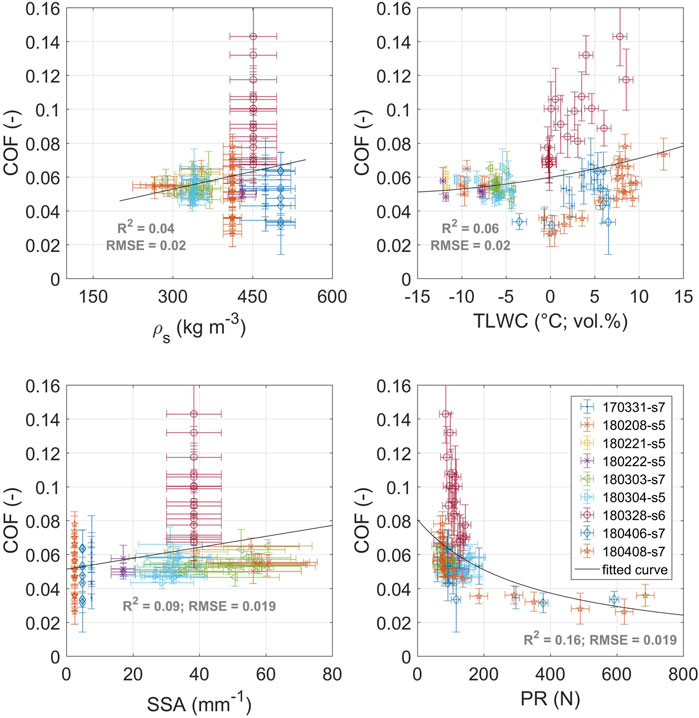
Frontiers The Snow Friction Of Freestyle Skis And Snowboards Predicted From Snow Physical Quantities Mechanical Engineering
The diagram shows a sky-diver in free fall. Two forces, X and Y, act on the sky-diver. (a) Complete these sentences by crossing out the two lines in each box that are wrong. (i) Force X is caused by . (1)
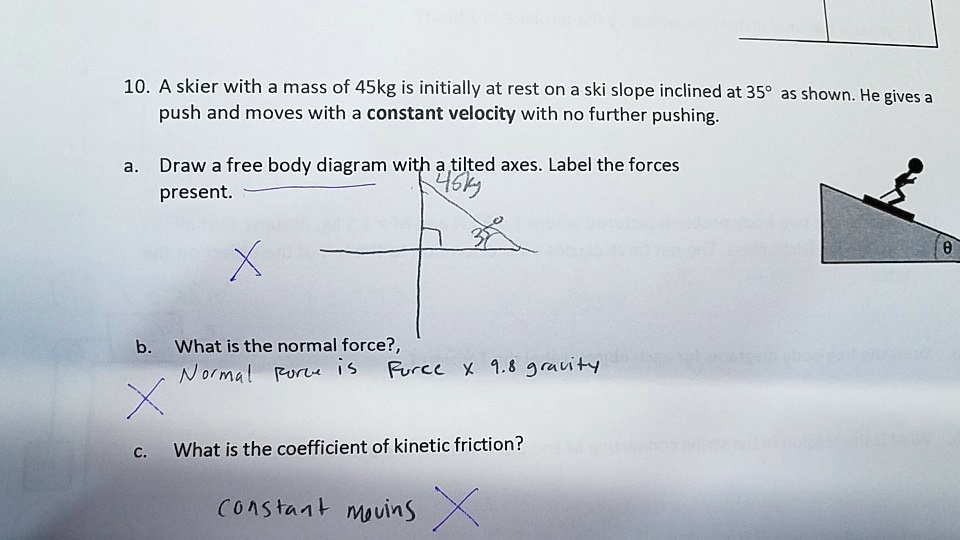
Solved 10 A Skier With A Mass Of 4skg Is Initially At Rest On A Ski Slope Inclined At 359 As Shown He Gives Push And Moves With A Constant Velocity With No

A 65 Kg Skier Speeds Down A Trail The Surface Is Smooth And Inclined At An Angle Of 22 Degrees With The Horizontal A Draw A Free Body Diagram B Find The Net

Do Now 1 Draw A Free Body Diagram All The Forces Acting On A Water Skier Being Pulled By A Boat 2 What Is The Net Force Acting On This Object

External Forces Acting In Direction Of Travel And Their Relation To Energy Dissipation In Slalom Semantic Scholar
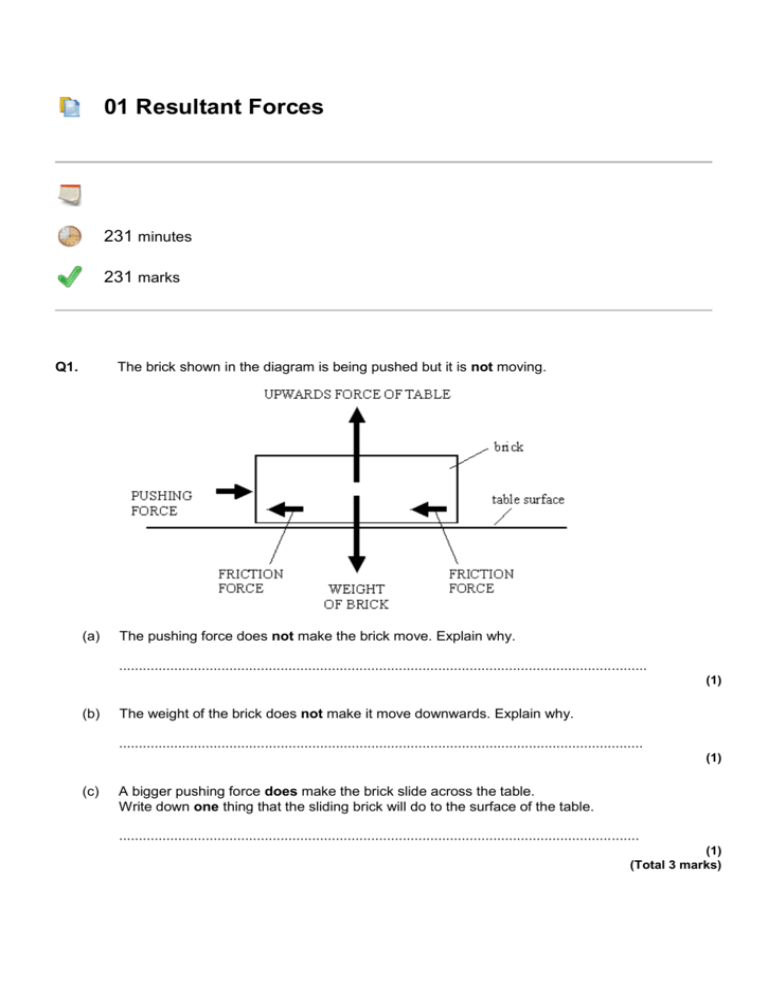
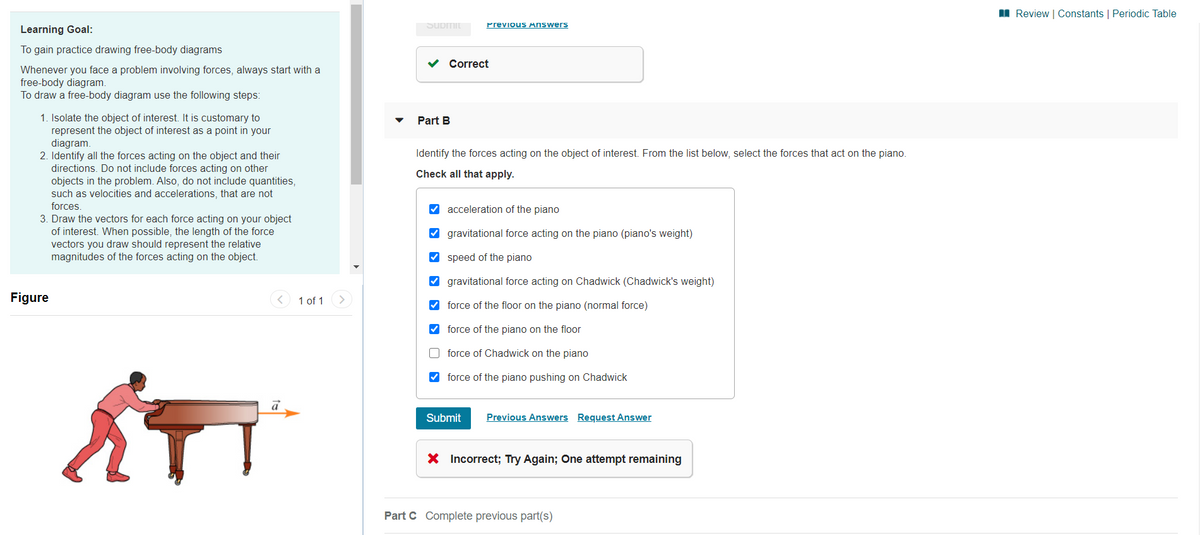




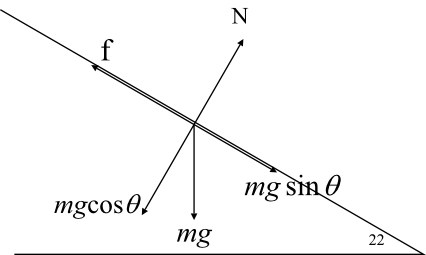



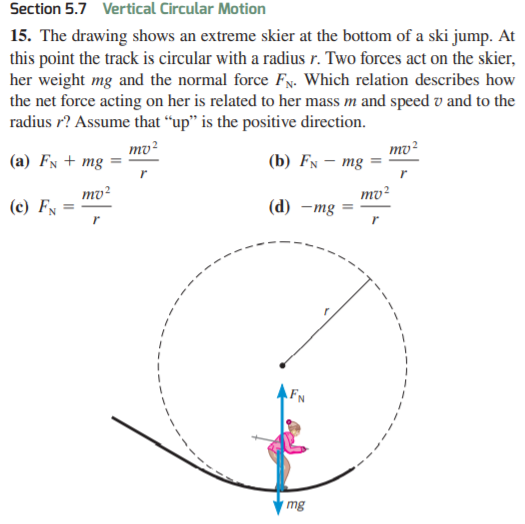
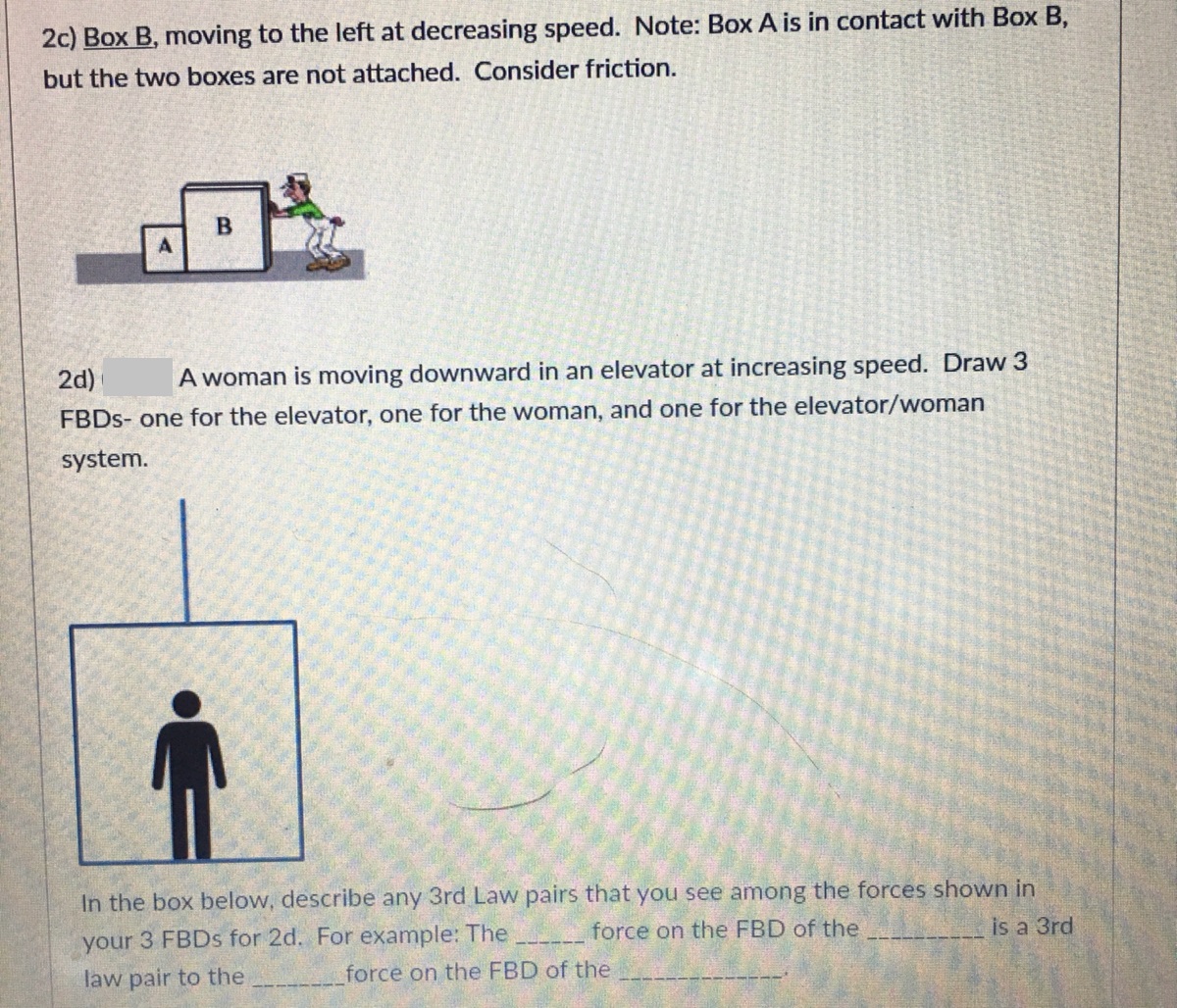

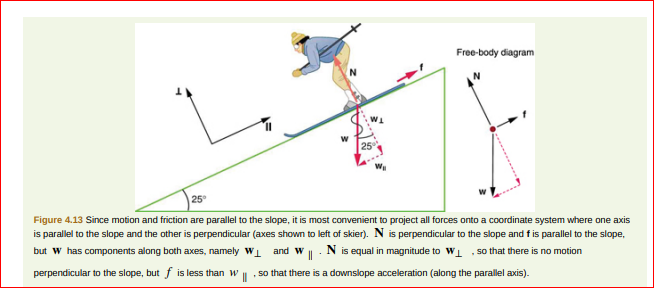
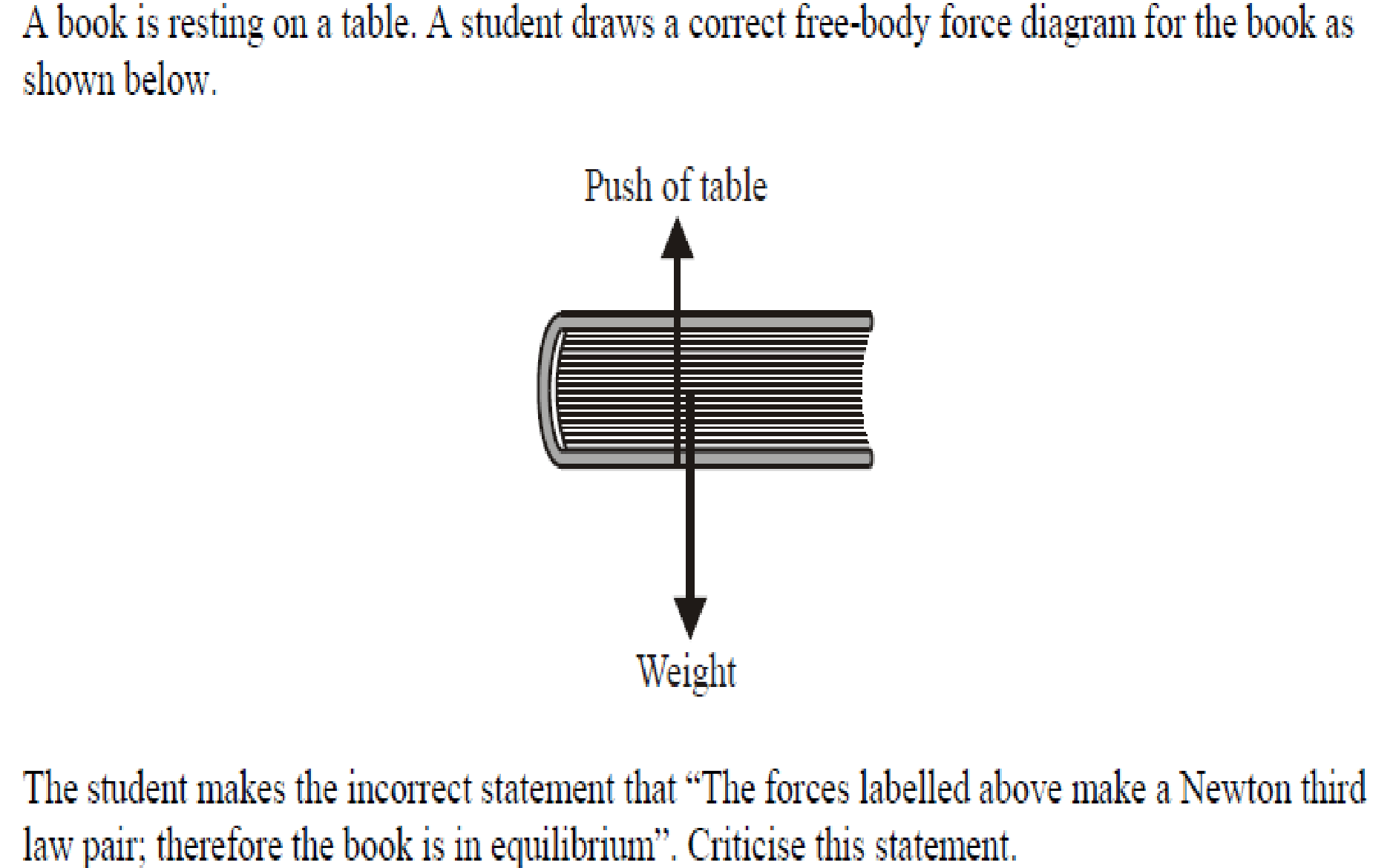
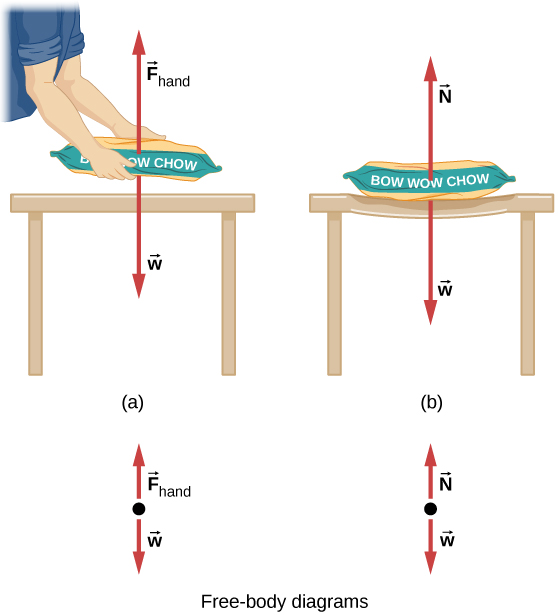

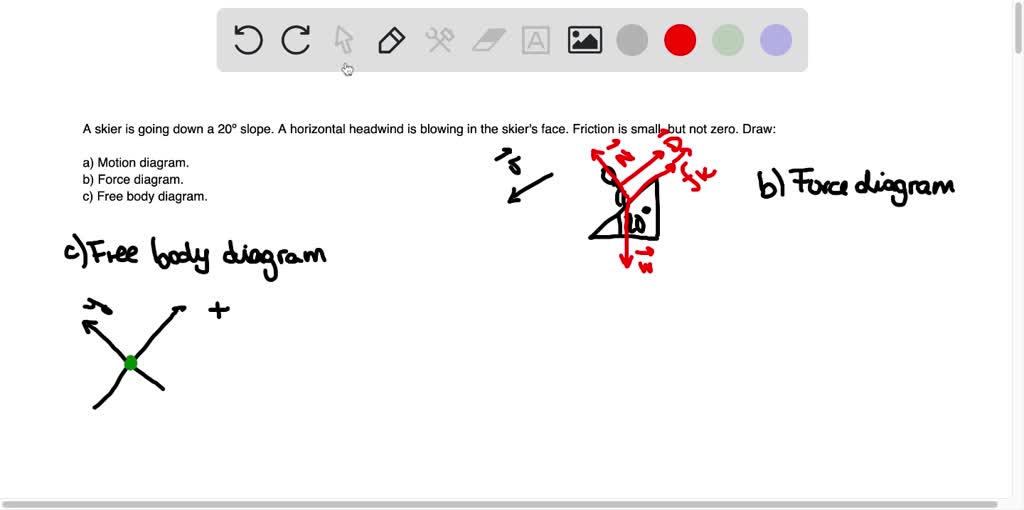

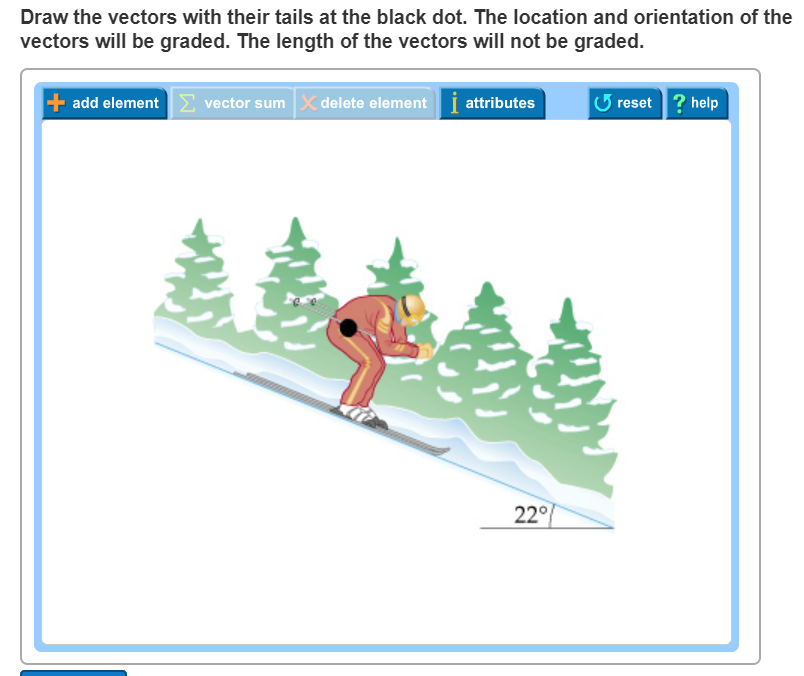
0 Response to "41 complete the free-body diagram by adding the forces that act on the skier."
Post a Comment